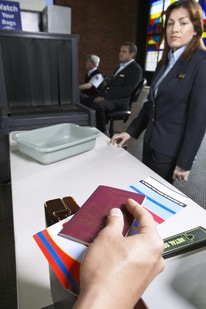
California law is in agreement on this point with FLSA (Federal Labor Standards Act), applying an even broader definition of employee than does the FLSA. Martinez v. Combs (2010). An employee is “any person employed by an employer,” an employer is one who “employs or exercises control over the wages, hours, or working conditions of any person” and “employ” means “to engage, suffer, or permit to work.” “To employ, then, . . . has three alternative definitions. It means: (a) to exercise control over the wages, hours or working conditions, or (b) to suffer or permit to work, or (c) to engage, thereby creating a common law employment relationship.” The definitions are sufficiently broad to encompass a proprietor who employs a worker by contract, permits work by acquiescence, or suffers work to be performed by a failure to hinder. A proprietor who knows that persons are working in his or her business without having been formally hired, or while being paid less than the minimum wage, clearly suffers or permits that work by failing to prevent it, while having the power to do so.”
Thus, if you report to work prior to receiving a work permit from the immigration authorities, you have the same regular employee rights to compensation, including minimum wage, overtime, meal break and rest break and any other rights and protections as available under the law to all other employees. You may find below a link to download the full Kao v Joy Holiday decision.
| Kao v Joy Holiday |
 RSS Feed
RSS Feed

